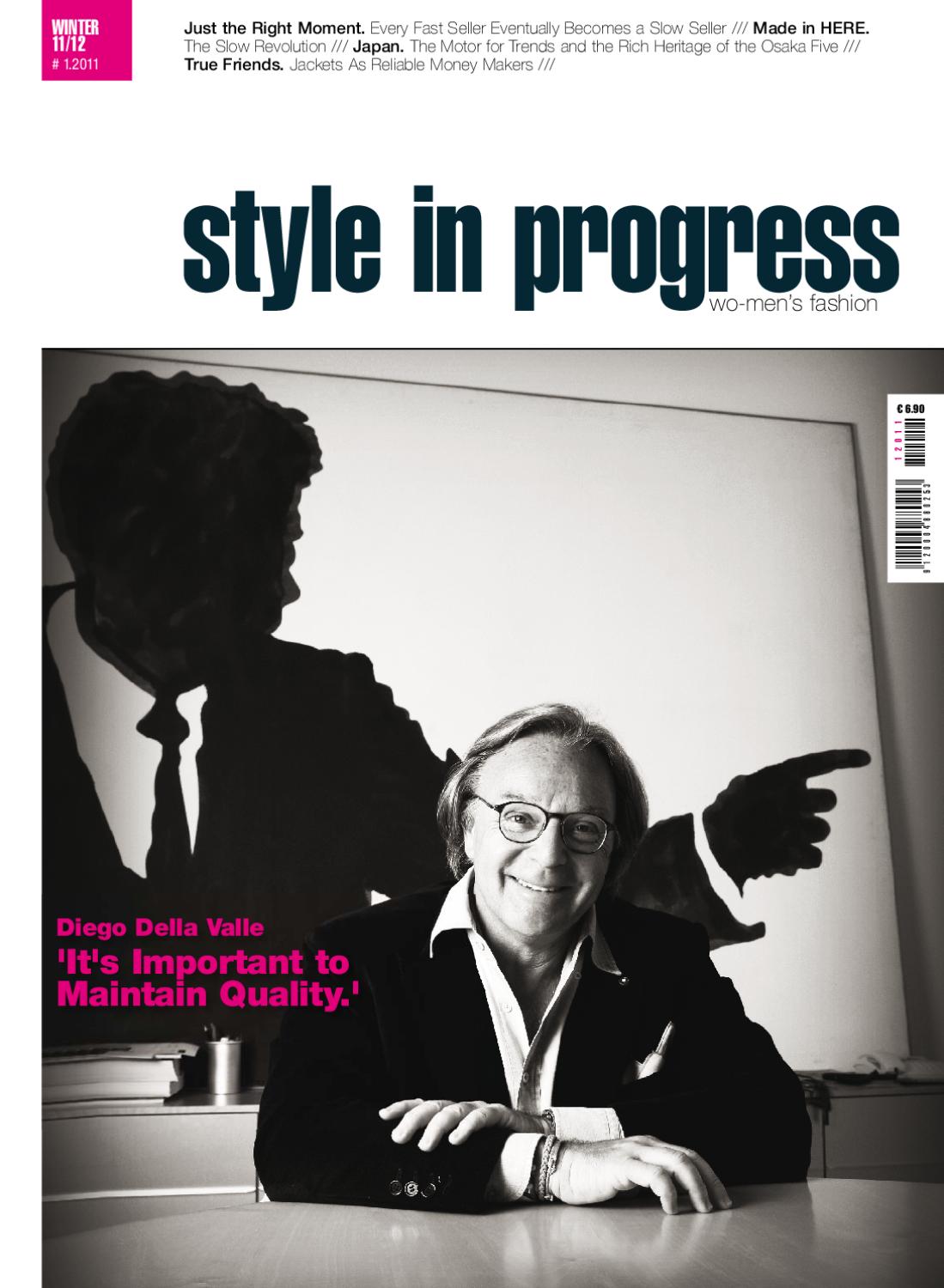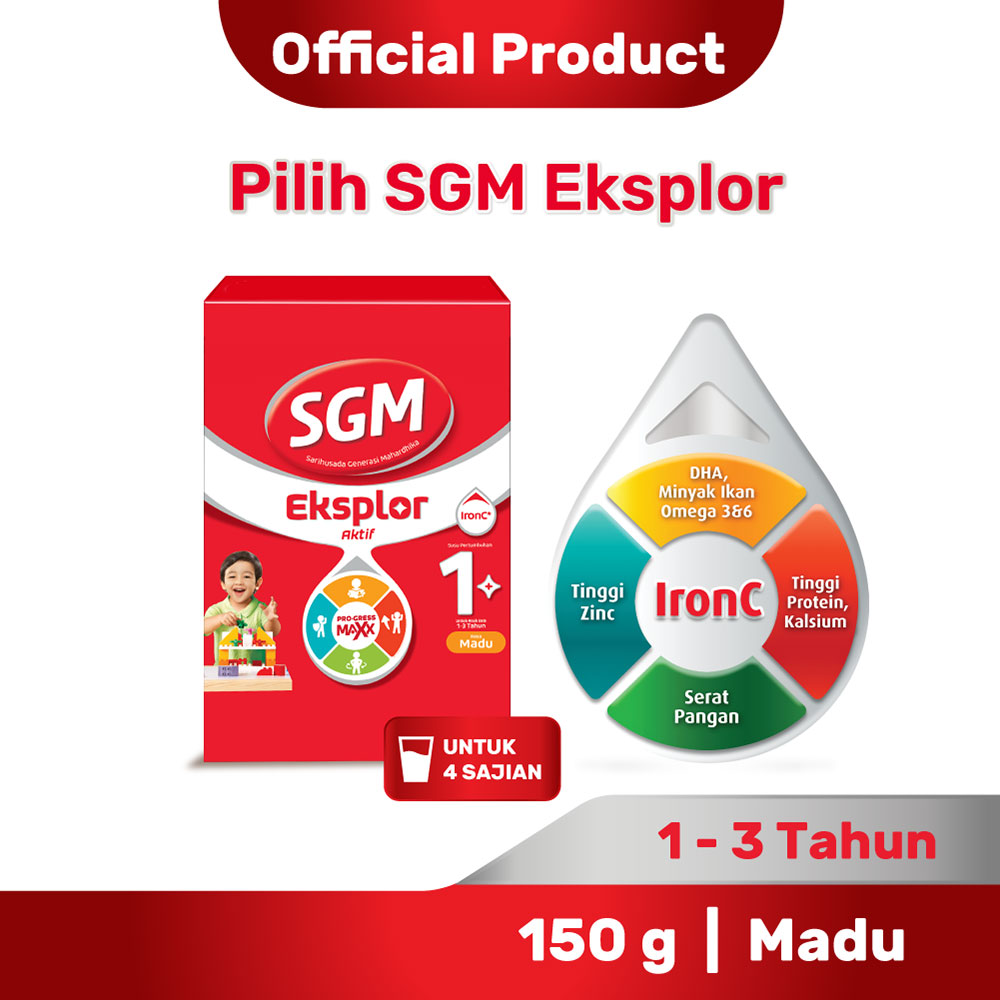Junk information refers to the vast amount of irrelevant or low-quality information that circulates through various sources, such as social media, websites, and online platforms. This type of information can be misleading, inaccurate, or simply meaningless, making it difficult for users to distinguish between genuine and reliable sources.
The Proliferation of Junk Information
The rise of the internet and social media has greatly contributed to the proliferation of junk information. The ease of publishing and sharing content has opened the floodgates for the spread of misinformation, conspiracy theories, clickbait headlines, and other forms of junk information. As a result, users are often bombarded with an overwhelming amount of content, making it challenging to discern what is true and what is not.
Characteristics of Junk Information
Junk information typically exhibits certain characteristics that can help identify its lack of reliability:
-
Lack of credible sources: Junk information often lacks credible sources or references to support its claims. It may rely on anecdotes, rumors, or anonymous sources, undermining its credibility.
-
Emotional appeal: Junk information often uses emotional language, sensationalism, or exaggerated claims to capture attention and elicit strong reactions from readers. This can make it more difficult for individuals to critically evaluate the content.
-
Mismatched formatting: Junk information may have poorly designed graphics, inconsistent font styles, or an unprofessional layout, indicating a lack of attention to detail or a rushed attempt to create content quickly.
-
Absence of fact-checking: Junk information often lacks verifiable facts and fails to undergo rigorous fact-checking processes. It may present opinions or subjective information as if they were well-established truths.
-
Lack of reliability indicators: Junk information may lack proper citations, author credentials, or other indicators of trustworthiness, thereby raising doubts about its validity.
Impact of Junk Information
The spread of junk information can have several negative consequences:
-
Misinformation and confusion: Junk information can mislead readers and create confusion about various topics, ranging from health and science to politics and current events. This can hinder critical thinking and the ability to make informed decisions.
-
Undermining trust in reliable sources: The prevalence of junk information can erode trust in legitimate and verified sources of information, such as reputable news outlets, academic institutions, and scientific research. This creates a challenge in distinguishing between reliable and unreliable sources.
-
Social polarization and division: Junk information often reinforces pre-existing beliefs or biases, leading to the formation of echo chambers and the exacerbation of social polarization. This can hinder meaningful dialogue and understanding among individuals with differing perspectives.
-
Manipulation and exploitation: Junk information can be deliberately created and spread to manipulate public opinion, advance certain agendas, or sow discord within society. This manipulation can have far-reaching implications for democratic processes and social cohesion.
Combating Junk Information
Addressing the issue of junk information requires collective efforts from various stakeholders:
-
Promoting media literacy: Educating individuals on critical thinking skills, fact-checking techniques, and source evaluation can empower them to navigate through the abundance of information and differentiate between junk information and reliable sources.
-
Supporting fact-checking organizations: Fact-checking organizations play a vital role in verifying information and debunking misinformation. Encouraging and supporting these organizations can help counter the spread of junk information.
-
Enhancing platform responsibility: Online platforms and social media companies should take a proactive role in combating junk information by implementing stricter content moderation policies, promoting trustworthy sources, and providing tools to report and flag misleading content.
-
Promoting responsible content creation: Content creators, including journalists, writers, and bloggers, should uphold ethical standards, verify facts, cite credible sources, and promote transparency in their work. This can contribute to a culture of trustworthy and reliable information.
-
Fostering collaboration: Governments, civil society organizations, and technology companies should collaborate to develop comprehensive strategies and initiatives to address the issue of junk information. This interdisciplinary approach can yield more effective and sustainable solutions.
In conclusion, the prevalence of junk information in today’s digital era poses significant challenges to individuals, communities, and societies. By understanding its characteristics, impact, and implementing countermeasures, we can strive towards a more informed and responsible information ecosystem.




